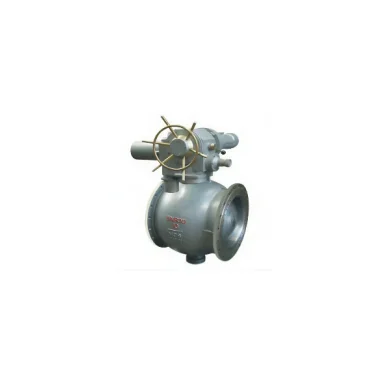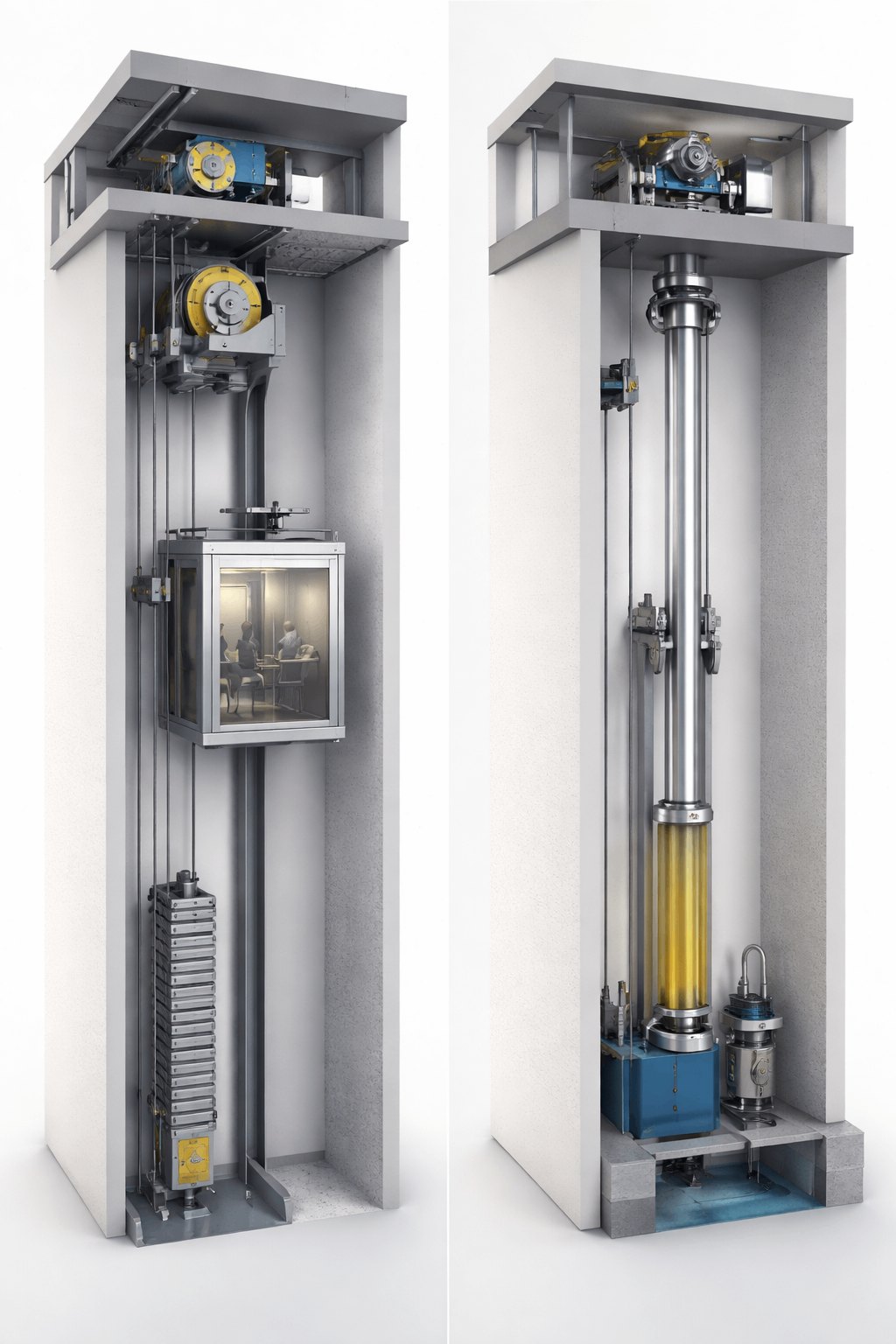Understanding PSI in Mechanical Fuel Injection: A Deep Dive into Performance and Efficiency
In the realm of automotive engineering, fuel injection systems play a pivotal role in optimizing engine performance and efficiency. Among the various types of fuel injection systems, mechanical fuel injection (MFI) stands out for its simplicity and reliability. A key parameter in the operation of MFI systems is PSI, or pounds per square inch, which is crucial for understanding how fuel is delivered to the engine. In this article, we will explore what PSI means in the context of mechanical fuel injection, its significance, and how it affects engine performance.
What is Mechanical Fuel Injection?
Mechanical fuel injection is a system that uses mechanical components to deliver fuel to the engine's combustion chamber. Unlike electronic fuel injection (EFI) systems, which rely on sensors and electronic control units (ECUs) to manage fuel delivery, MFI systems operate based on mechanical principles. This means that fuel delivery is directly influenced by engine speed, load, and other mechanical factors.
The Role of PSI in Mechanical Fuel Injection
PSI, or pounds per square inch, is a unit of pressure that measures the force exerted by the fuel within the injection system. In mechanical fuel injection, PSI is critical for several reasons:
- Fuel Atomization: The pressure at which fuel is injected into the combustion chamber significantly affects its atomization. Higher PSI can lead to finer fuel droplets, which enhances the mixing of air and fuel, resulting in more efficient combustion.
- Injection Timing: The PSI level influences the timing of fuel injection. In MFI systems, the mechanical components, such as the fuel pump and injectors, are designed to operate optimally at specific pressure levels. Deviations from these levels can lead to poor performance, increased emissions, and engine knocking.
- Fuel Flow Rate: The flow rate of fuel is directly proportional to the PSI. A higher PSI typically results in a greater volume of fuel being delivered to the engine per unit of time. This is particularly important in high-performance applications where the engine demands more fuel to achieve desired power outputs.
Factors Influencing PSI in Mechanical Fuel Injection
Several factors can influence the PSI in mechanical fuel injection systems:
- Fuel Pump Design: The type and design of the fuel pump play a crucial role in determining the PSI. Mechanical pumps, such as those found in older vehicles, may have different pressure characteristics compared to modern electric pumps.
- Injector Specifications: The design and specifications of the fuel injectors also impact PSI. Different injectors have varying flow rates and pressure requirements, which can affect overall engine performance.
- Engine Load and RPM: As engine load and RPM increase, the demand for fuel also rises. This necessitates a corresponding increase in PSI to ensure that the injectors can deliver the required fuel volume.
- Fuel Characteristics: The type of fuel used can also influence PSI. For instance, fuels with different viscosities may require adjustments in pressure to achieve optimal atomization and combustion.
Optimizing PSI for Performance
To achieve the best performance from a mechanical fuel injection system, it is essential to optimize PSI levels. Here are some strategies to consider:
- Regular Maintenance: Ensuring that the fuel pump and injectors are in good condition is vital. Regular maintenance can help prevent pressure drops and ensure consistent fuel delivery.
- Calibration: Proper calibration of the fuel injection system can help achieve the desired PSI levels. This may involve adjusting the fuel pump or replacing injectors to match the engine's performance requirements.
- Monitoring: Utilizing pressure gauges and diagnostic tools can help monitor PSI levels in real-time. This allows for immediate adjustments and troubleshooting if pressure anomalies are detected.
- Fuel Quality: Using high-quality fuel can improve combustion efficiency and reduce the likelihood of pressure-related issues. Fuel additives may also help maintain optimal performance.
Conclusion
Understanding PSI in mechanical fuel injection is essential for anyone looking to optimize engine performance and efficiency. By recognizing the significance of pressure in fuel delivery, automotive enthusiasts and professionals can make informed decisions regarding maintenance, calibration, and performance enhancements. As the automotive industry continues to evolve, the principles of mechanical fuel injection and the importance of PSI remain relevant, ensuring that this technology continues to play a vital role in engine performance for years to come.


